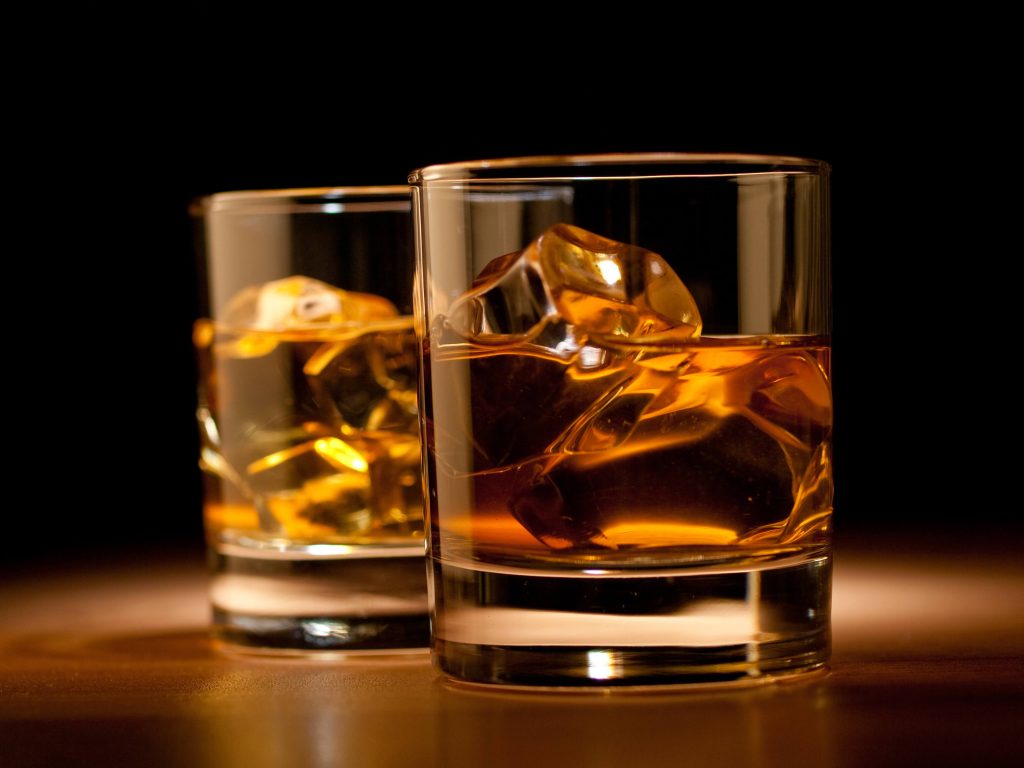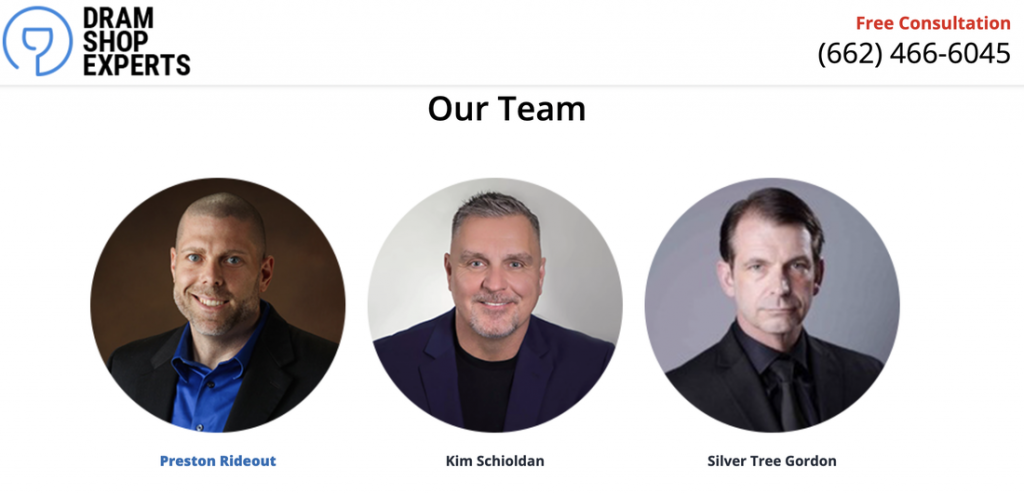Bartender Training

BARTENDER TRAINING
Bartender Training and Industry Standard Operating Procedures
Bartender training should include an understanding of visible and obvious intoxication, as well as an understanding of local Dram Shop laws and Liquor Liability. Bartenders should be aware of the signs of intoxication and be able to identify when a patron has had too much to drink.
They should be knowledgeable of their local Dram Shop laws and understand the legal implications of serving someone who is visibly intoxicated. Additionally, bartenders should be aware of Liquor Liability and the potential risks associated with serving someone who has had too much to drink.
Bartenders should be aware of the signs of intoxication, such as slurred speech, confusion, and impaired coordination, and should take appropriate steps to monitor patrons and ensure that they are not over-served. They should also be aware of the possible legal ramifications of serving alcohol to an intoxicated persBartenders should also be aware of the dangers of over-serving alcohol and should take appropriate steps to ensure that patrons are not served to the point of intoxication.
his includes checking identification, monitoring consumption, and refusing service to visibly intoxicated patrons. Additionally, bartenders should be aware of the legal consequences of serving someone who is intoxicated and should be familiar with the local Dram Shop laws and Liquor Liability laws.
Bartenders should also be familiar with the signs of intoxication and be able to recognize when a patron has had too much to drink. By understanding the legal and safety implications of serving alcohol, bartenders will be better equipped to protect themselves and their customers., as Dram Shop laws may impose civil liability on businesses that serve alcohol to visibly intoxicated individuals, and Liquor Liability may also impose criminal and civil liability for the actions of an intoxicated person.
Bartenders should also be aware of the potential consequences of serving alcohol to intoxicated patrons. This is especially important when it comes to legal liability, as Dram Shop laws may impose civil liability on businesses that serve alcohol to visibly intoxicated individuals, and Liquor Liability may also impose criminal and civil liability for the actions of an intoxicated person.
Bartenders should also be aware of any local ordinances or regulations that may apply to their establishment, such as the legal drinking age, and should ensure that patrons comply with any applicable laws. Additionally, bartenders should be trained in methods for refusing service to patrons, including developing strategies for de-escalating any potential conflicts that may arise.
Bartender Training and Visible Intoxication
It is illegal to provide alcohol to someone who appears to be intoxicated. Bartenders don’t need to measure a customer’s blood alcohol content, but they need to recognize visible intoxication. Alcohol intoxication occurs when a person consumes more alcohol than their liver can metabolize. Alcohol accumulates in the bloodstream increasing blood alcohol content. Intoxication Identification is critical to Dram Shop prosecution. A bartender’s ability to identify signs of visible intoxication and then discontinue alcohol service is a powerful barometer gauging their commitment to responsible alcohol service. As bartender training experts, we can assist your firm in preparation for information discovery by providing questions you need answers to establish the authenticity of bartender training programs and visible intoxication education. Discovery questions are your foundation for establishing facts related to bartender training. Contact The Dram Shop Experts
Bartender Training and Obvious Intoxication
A person is obviously intoxicated if the person’s appearance and behavior would lead a reasonable observer to conclude that the person is certainly or unmistakably intoxicated. [Intoxication means an alcohol-induced impairment of a person’s mental and bodily condition.
When customers consume alcohol to the point of intoxication, and a bartender does not discontinue alcohol service, the bar and the bartender may be held liable for negligent alcohol service. Obvious intoxication can be evidenced by slurring words, being unsteady on one’s feet, passing out, or feeling ill, but there are other, more subtle signs as well that are taken into consideration in Texas.
Evidence collected by an attorney in a dram shop liability claim can be used to demonstrate that the person in question was clearly intoxicated, meaning the dram shop laws were violated. This could involve providing evidence of an excessive amount of drinks consumed within a brief time frame, such as six pints of beer within an hour. To make this case, an attorney may seek the help of a dram shop expert.
It is against the law to provide alcohol to any individual who is visibly intoxicated. If a person is seen to be drunk by any average person, they are considered to be obviously intoxicated. This even applies to people who generally act this way. The prosecution must show that the alcohol vendor had the chance to see the signs of intoxication before service. Contact The Dram Shop Experts
Bartender Training and Drunk Driving Death
The relationship between Bartender Training and Drunk Driving provides empirical evidence when defending or prosecuting Dram Shop claims. Disproving the validity of bartender training requires comprehensive knowledge of industry-standard bartender training procedures. Fortunsylr for you, the Dram Shop Experts’ comprehensive knowledge provides powerful insight into bartender training.
We deconstruct your burden to demonstrate a bartender provided alcohol to a driver who they knew or should have known was visibly intoxicated. It is unlikely for the bartender to admit they knowingly served a customer demonstrating visible signs of intoxication. The relationship between Dram Shop Law end bartender training is built upon intoxication identification. Public safety is paramount to all aspects of alcohol service, consumption, intoxication, and drunk driving. It is illegal in every state for a bartender to serve a visibly intoxicated customer or continue serving an obviously intoxicated person. When a drunk driver kills himself or someone, Dram Shop Law demands accountability.
Bartender Training and Liquor Liability
Dram shop law cases and their verdicts usually come about as a result of bodily injuries or property damage caused by an intoxicated individual who was likely over-served alcohol and permitted to leave in their intoxicated state. Laws vary depending on where you live, and can also reflect any claims of providing alcohol to minors. Many of the following claims are similar, but we’ll give you the main details to show you just how serious a liquor liability claim can really be.
Bartender Training and Dram Shop Law
Bartender Training and Dram Shop Laws exist to protect the public from potential harm caused by negligent alcohol service Dram Shop Laws hold alcohol service providers liable doe damages related to intoxicated or underage alcohol sales. Bartender Training programs are designed to promote responsible alcohol service through education. Alcohol safety education discourages the sale of alcohol to intoxicated individuals. By discouraging intoxicated alcohol sales, bartender training encourages Dram Shop Law compliance.
Bartender Training is a component of Dram Shop Law. A dram shop law is a civil liability statute dictating dram shop liability for negligent alcohol service. Bartender training mitigates Dram Shop Liability by discouraging negligent alcohol service. Negligent alcohol service occurs when bartenders do not discontinue service despite visible intoxication. When this happens, Dram Shop liability may hold the bar and its bartenders liable for civil damages if it provided alcohol to a customer who later got into an accident and harmed someone else.
The legal standard in dram shop liability cases may be different. The plaintiff’s burden of proof is usually to show that the establishment was negligent. However, the statute may include relevant information that can help establish negligence. Typically, the plaintiff has to show that the person who was serving alcohol to the patron knew or should have known was drunk.
Bartender Training and Alcohol Service Liability
People may display many problematic behaviors when intoxicated, often leading to dangerous scenarios. To protect themselves, businesses that provide alcohol should have adequate insurance coverage and access to legal advice.
Bartenders are responsible for providing guests with drinks and creating a safe atmosphere for everyone. They must also be aware of any customers who are overly intoxicated, as allowing them to leave the establishment with the intention of driving can lead to severe repercussions, including injury, death, property damage, or legal consequences.
A bartender may be held responsible if they supply too much alcohol to someone who then faces a medical issue and either fails to provide the appropriate care or neglects to call for medical help immediately. Contact The Dram Shop Experts
Bartender Training and Bartender Liability
Most states have implemented laws that hold bars and other alcohol providers legally liable for any harm caused by customers who become intoxicated due to the alcohol they have consumed at the establishment. This has sparked debate on whether or not businesses that serve alcohol should be held responsible for the actions of their customers who choose to consume too much.
On the one hand, this type of legal responsibility could deter individuals from drinking excessively, as establishments would be more likely to regulate the amount of alcohol they serve to each customer. On the other hand, some argue that this could be an unfair burden on business owners, as they could be held liable for the actions of customers they have no control over. Ultimately, it is up to the individual state to decide how much responsibility bars and other alcohol providers should have regarding their customer’s behavior.
To recover damages, a plaintiff must demonstrate that the establishment served or provided alcohol to an individual who was visibly intoxicated at the time of the incident. This requires evidence that the person had excessive alcohol in their system and was exhibiting signs of intoxication, such as slurred speech, unsteady gait, or impaired coordination. Whether the person was visibly intoxicated is a fact-specific issue that a judge or jury must determine. Contact The Dram Shop Experts
Why Retain The Dram Shop Experts
Preston Rideout, Kim Schioldan, and Silver Gordon are elite nightclub management, bar operations, and alcohol service, experts. Each of us has multi decades of bartender training experience. We’ve operated over 250 nightclubs, bars, and music festivals in 11 countries. No Dram Shop Expert in the nation has more bartender training experience. than the Dram Shop Experts. Retain us and receive. insight into
Contact The Dram Shop Experts Today
We are the most qualified Restaurant, Nightclub, and Bar operators with the most alcohol service experience in the legal industry. Contact The Dram Shop Experts to retain our expert witness services.











